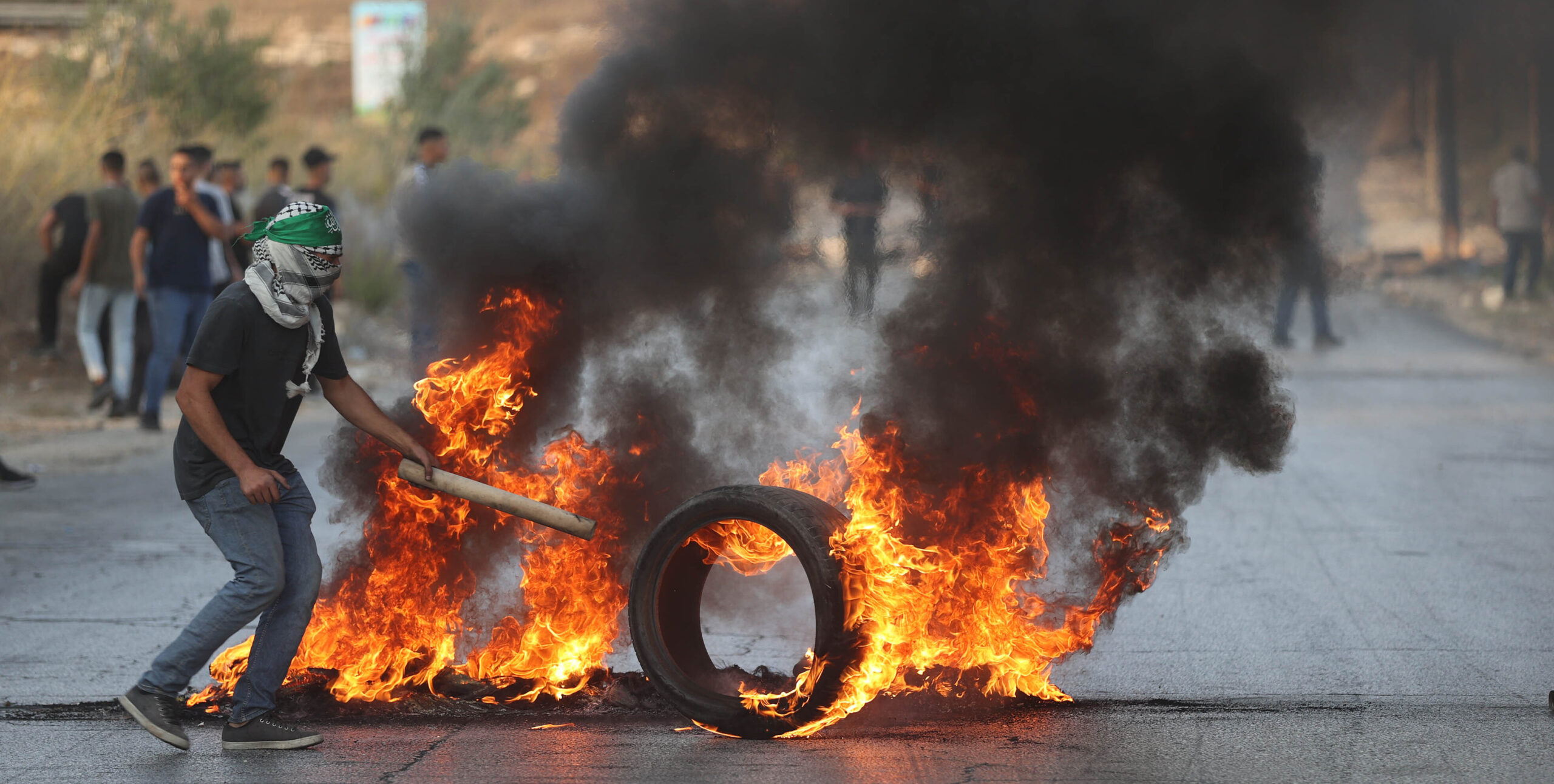Like the melting of permafrost, the waning of empires awakens long-dormant ethnic conflicts, already defining the international politics of the 2020s. Russia’s war to deny Ukraine nationhood was launched on the pretext of protecting ethnic Russians from Ukrainian domination. In the past few weeks alone we have witnessed Azerbaijan’s invasion and ethnic cleansing of Karabakh, Serbia’s sabre-rattling over Kosovo following the appearance of suspiciously well-armed ethnic Serb militants, and now Hamas’s bold and unprecedented incursion into southern Israel.
Not all ethnic conflicts, based on the rival aspirations of different peoples for control of the same territory, end in war. But once blood is spilled, it is hard to return the damaged polity to the banal concerns of everyday governance as long as final mastery of the land remains unresolved. Even where attempts at democratic politics are imposed on the warring parties — as in Lebanon, and Northern Ireland — ethnic rivalry swallows the democratic process whole, freezing armed conflict but causing stagnation and deadlock as each side coalesces around its perceived protectors, anxiously tracking threatening changes in the demographic balance.
Yet for observers in liberal democracies, such unsatisfying conclusions are difficult to place into our operating moral framework because they are almost psychologically incompatible. Ethnic conflicts rarely display clear heroes or villains, merely intricate claims and counterclaims to the same contested territory: in their absence, we are often forced to create them to justify our interest.
The Syldavians will appeal to the better natures of international onlookers, casting their ethnic self-interest as the embodiment of the highest moral aspirations, and the rival Bordurians will reach back into the unfalsifiable mists of history to stake their prior claim to the land. Yet for all the swirling appeals to justice and morality, the reality is that when these conflicts are finally settled, it is generally by the facts of hard power alone, with the only enduring results resulting from one side accepting its defeat, or an external arbiter separating the two according to its own interests.
Torn between noble ideals and realpolitik, in practice the American empire at its height quelled ethnic conflicts through favouritism, justifying its Solomon-like judgements in moralising terms. During the Pax Americana, the ethnic conflicts of Bosnia and Kosovo were frozen by Nato airpower, and the formation of imperial protectorates masked by dysfunctional democratic systems.
The ethnic conflict in Israel-Palestine, accidentally created by Britain through a combination of liberal idealism and World War One expediency, was partly frozen by America’s firm favouring of Israel over Palestinian aspirations, and by financial and military inducements to her Arab neighbours not to disturb the status quo: the illusory peace process latterly provided moral cover. A temporary, fragile order was imposed by American military power, with clear winners — Israel, like the Bosniaks and Kosovo Albanians — and bitter losers — the Palestinians like the Serbs. Yet neither accepted their defeat, and as America’s unchallenged dominance wanes, its fragile order is again being contested by the losing parties and their sponsors, America’s geopolitical rivals.
Just as the 1990s saw a wave of ethnic conflict and cleansing, the shifting global balance of the 2020s has already initiated a wave of human suffering at the interstices of the rival empires. Many will lose their homes and livelihoods through no fault of their own, just as followed the two World Wars and the fall of the Soviet Union. The great gears of history are shifting again, and like the Armenians of Karabakh, the weak and helpless will be ground down. There is, as yet, no global arbiter, just or otherwise, and no prospect of one on the horizon. In the absence of imposed order, there is only victory or defeat.











Join the discussion
Join like minded readers that support our journalism by becoming a paid subscriber
To join the discussion in the comments, become a paid subscriber.
Join like minded readers that support our journalism, read unlimited articles and enjoy other subscriber-only benefits.
Subscribe